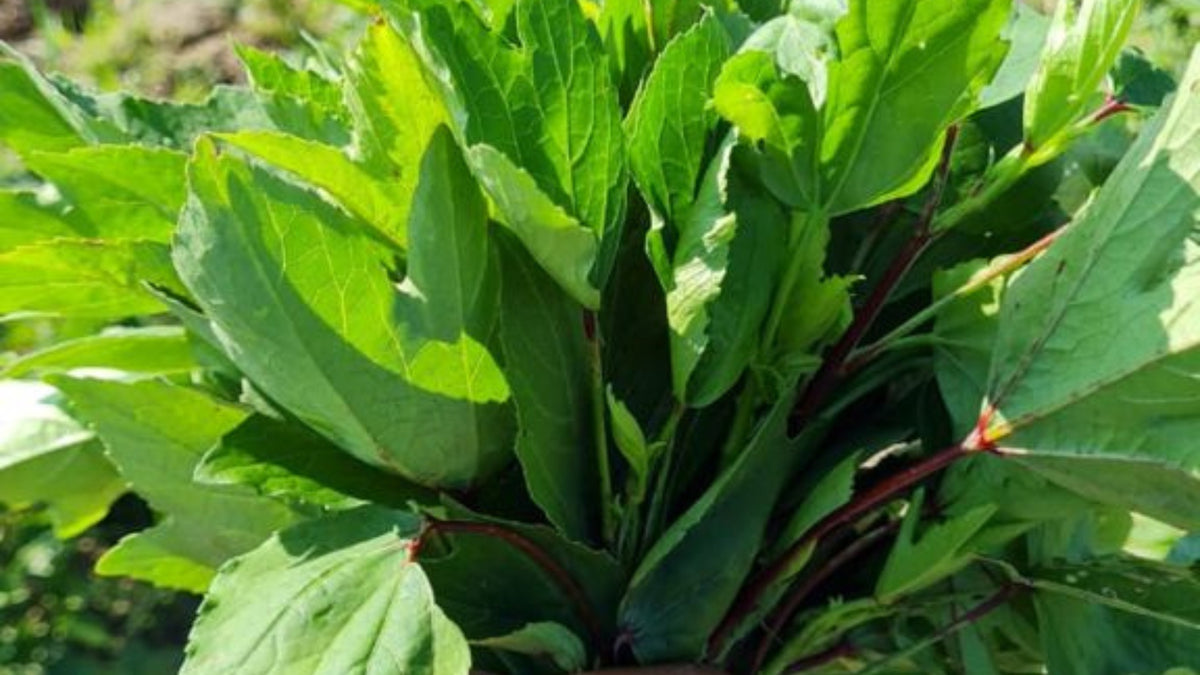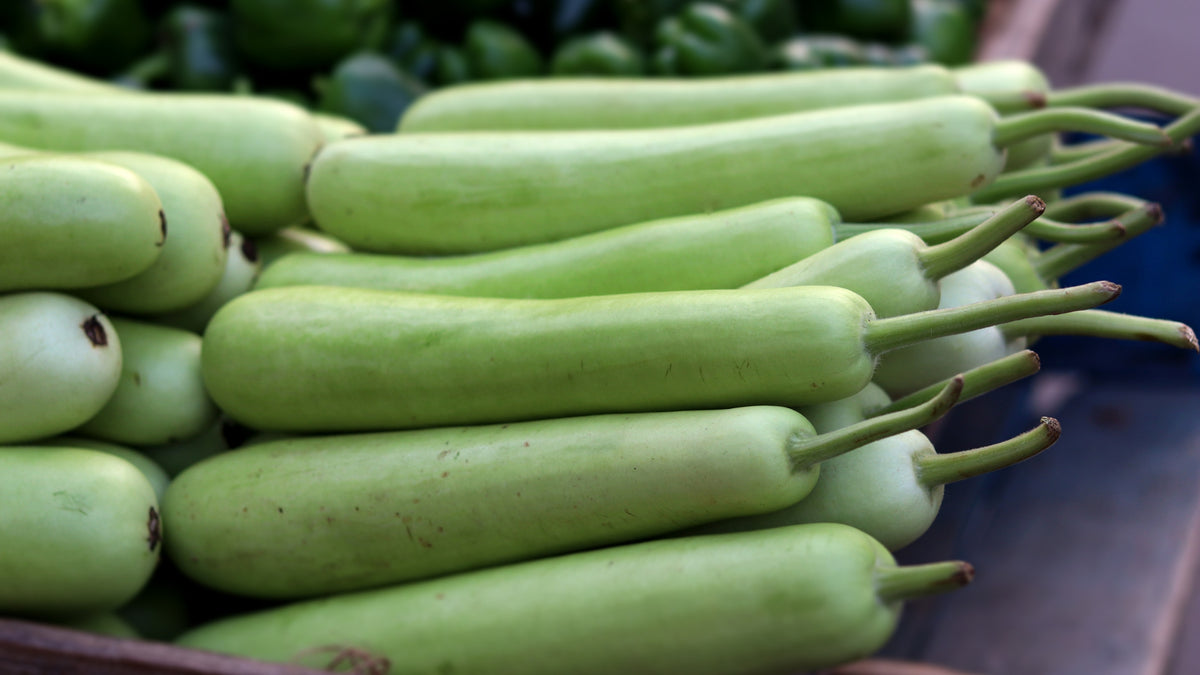
Vata Dosha Symptoms of Imbalance

Vata dosha governs all our bodily functions and movements and is responsible for life itself. There are two universal elements space and air that combine to form vata dosha. And there are five universal elements that make up all that exists, space, air, fire, water and earth. The two elements that combine to form vata dosha came into existence first, then fire, water, and earth existed. This is why the vata dosha is responsible for life itself.
Since vata dosha is the energy that initiates life and regulates bodily movement and function it is imperative to maintain a healthy balanced vata dosha for enjoying a healthy long life.
Primary Functions of Vata Dosha
- Sustains and regulates all movement of the body
- Controls the mind and is the cause for pleasure and determination
- Stimulates and directs all sensory and motor organs
- Induces speech and is the factor for sound and touch sensation
- Stimulates digestive power and dries up the excessive moisture
- Inhalation and exhalation
- Excretion of waste products
- Responsible for proper building of organs, tissues and cells
How Vata Dosha Becomes Imbalanced
Ayurveda recognizes there are two types of health disorders based on the origin. The exogenous type is caused by forces outside of us, for example infectious disease, insect or reptile bite. The other type is endogenous which is caused by forces within us, which include improper diet and lifestyle, exercise or sleep habits. There are three types of endogenous, they are vataja (disturbed by vata dosha), pittaja (disturbed by pitta dosha), and kaphaja (disturbed by kapha dosha).
It is interesting that the only common symptom of all types is pain. However, exogenous disorders begin with pain and the dosha becomes disturbed later. Whereas the opposite happens with endogenous disorders that begin with a disturbed dosha and later the pain develops.
Ayurveda recognizes eighty different symptoms caused by an imbalanced or vitiated vata dosha. These symptoms are recognized solely as a vata dosha imbalance and require a vata pacifying protocol that heals and brings it back into balance or its normal state.
Eighty Symptoms of Vata Dosha Imbalance
- Cracked nails
- Cracked soles of the feet
- Foot pain
- Foot drop or dropsy
- Numbness in the feet
- Pain in the ankle region
- Stiffness in the ankle region
- Cramps in the calf muscles
- Sciatica nerve pain
- Tearing pain in the knee
- Dislocation in the knee joint
- Stiffness in the thigh region
- Loss of movement in the thigh
- Paralysis of the legs and lower body
- Prolapse of the rectum
- Pain in the anus
- Pain in scrotum
- Stiffness in the penis
- Sprain in the groin region
- Pain in the pelvis girdle
- Diarrhea
- Constipation
- Limping
- Curvature of the spine
- Dwarfism
- Stiffness in sacral region
- Stiffness in back
- Compression or stiffness in the sides
- Twisting pain in the abdominal area
- Cardiac dysfunction
- Tachycardia or arrhythmia
- Rubbing pain in the chest
- Constriction in the chest
- Pricking pain in chest
- Wasting or weak arms
- Stiffness in the neck
- Torticollis or twisted neck
- Hoarseness of the voice
- Cracking or piercing pain in the jaw
- Cracked dry wrinkled lips
- Cracking or piercing pain in eyes
- Cracking or piercing pain in a tooth
- Loose teeth
- Loss of speech
- Stammering speech
- Astringent taste in mouth
- Dryness in the mouth
- Loss of taste sensation
- Loss of smell sensation
- Earache
- Ringing of the ears
- Loss of hearing or deafness
- Stiffness in the eyelids
- Eye lid turns outward
- Loss of vision
- Pain in the eyes
- Squinting eyes
- Twisting shape of eyebrows
- Sharp pain in temporal region of the head
- Sharp pain in frontal region of head
- Headache
- Dry cracking scalp
- Paralysis of the face
- Paralysis of a limb
- Paralysis of all four limbs
- Paralysis of one side of the body
- Convulsion or involuntary jerking movement
- Convulsions that cause stiff body
- Feeling of darkness in front of eye or fainting
- Feeling things are spinning or giddiness
- Tremor or involuntary shaking
- Excessive yawning
- Hiccups
- Uncontrolled shaking, twitching or cramping
- Delirium
- Excessive roughness (skin)
- Excessive coarseness (hair)
- Blackish reddish undertone of skin color
- Insomnia
- Unstable mind
When there are multiple signs of vata dosha imbalance it is important to adopt an Ayurvedic protocol that supports returning the dosha back to its normal state. A vata balancing protocol includes foods and herbs that are primarily sweet, sour or salty tasting. Along with various warm and/or oily therapeutic procedures such as herbal oil massage with steam bath, warm cooked foods with sesame oil or ghee, oily and non-oily enemas. The herbal enema formula should have vata pacifying properties which are administered at the appropriate dose and time.
Among the mentioned procedures the oily and non-oily enemas are regarded as the most effective for quickly balancing vata dosha. An herbal enema balances vata at its root location in the colon and is capable of alleviating the eighty symptoms caused by vata dosha. In the next article we will explain the function and symptoms of pitta dosha.
Basic Products for Balancing Vata Dosha
- Ashwagandha Arishtam balances vata dosha, supports men's health, nourishes the muscles, nerves and bones, improves stamina and strength of the body. The main herb Aswagandha and is a well-known nervine tonic and helps calm the mind.
- Aswagandha Churnam balances vata dosha and supports sleep, brain activity, and the nervous system. Its antioxidant qualities support the immune system and help to balance the stress hormones.
- Brahmi Oil supports and nourishes vata dosha, the main herb brahmi helps ease head pain and supports cognitive thinking and memory.
- Dhanwantaram Oil balances and nourishes vata dosha, supports vata related disorders of the muscles, bones, nerves, and joints.
- Gandharvahastadi Oil balances vata dosha, the main herb is castor and is useful for many vata disorders and helps the elimination of ama and stool.
Disclaimer: These statements have not been evaluated by the Food and Drug Administration. Kottakkal Ayurveda products and information are not intended for use in the diagnosis, treatment, cure, or prevention of any disease. If you have serious, acute, or chronic health problems, please consult a trained health professional. If you are seeking the advice of a trained Ayurvedic professional, call (800) 215-9934 or email us at contact@kottakkal.shop. We will provide you with information to consult with Ayurvedic professionals. Always check with your doctor before taking herbs when pregnant or nursing.
Also in Healing with Kottakkal Ayurveda

Food is Medicine - Organic Gongura Leaf
Gongura, often referred to as Indian sorrel, is a leafy green vegetable packed with an array of health benefits. This vibrant green is a treasure trove of essential vitamins, minerals, and antioxidants.

Food Is Medicine - Organic Bottle Gourd

Boosting Energy and Rejuvenation with Narasimha Rasayana
Narasimha Rasayanam is an herbal jam formulated with base ingredients of butter, honey, and milk. This time-tested remedy is believed to promote balance within the body's three doshas, vata, pitta, and kapha and supports a range of health concerns. From supporting physical strength and hair health to promoting rejuvenation and cognitive function, Narasimha Rasayanam offers a multifaceted approach to well-being.


Julie Wardwell